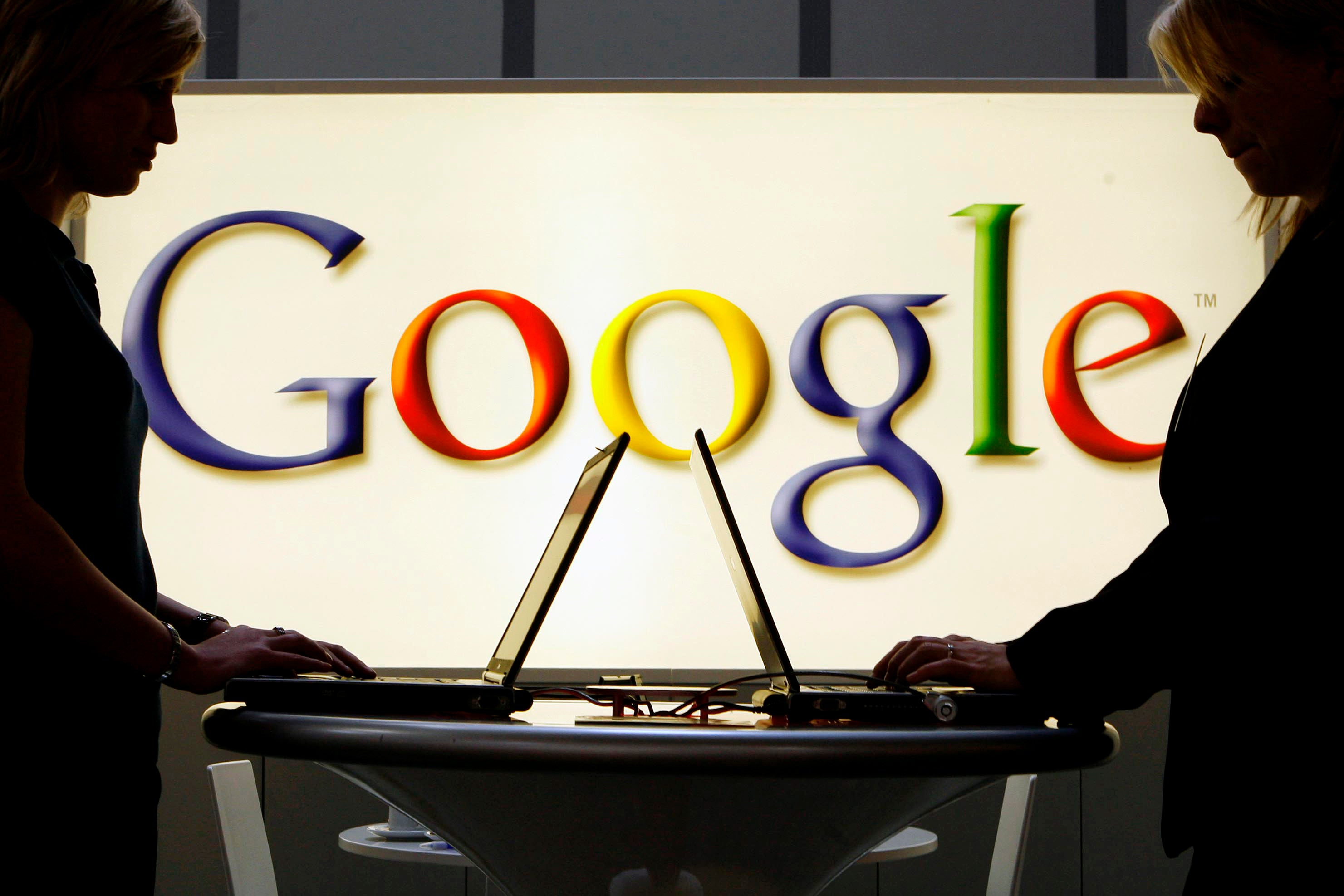The battle for digital privacy is shaping the internet
At the centre of the tussle is what has been the internet’s lifeblood: advertising

Your support helps us to tell the story
From reproductive rights to climate change to Big Tech, The Independent is on the ground when the story is developing. Whether it's investigating the financials of Elon Musk's pro-Trump PAC or producing our latest documentary, 'The A Word', which shines a light on the American women fighting for reproductive rights, we know how important it is to parse out the facts from the messaging.
At such a critical moment in US history, we need reporters on the ground. Your donation allows us to keep sending journalists to speak to both sides of the story.
The Independent is trusted by Americans across the entire political spectrum. And unlike many other quality news outlets, we choose not to lock Americans out of our reporting and analysis with paywalls. We believe quality journalism should be available to everyone, paid for by those who can afford it.
Your support makes all the difference.Apple introduced a pop-up window for iPhones in April that asks people for their permission to be tracked by different apps.
Google recently outlined plans to disable a tracking technology in its Chrome web browser.
And Facebook said last month that hundreds of its engineers were working on a new method of showing ads without relying on people’s personal data.
The developments may seem like technical tinkering, but they were connected to something bigger: an intensifying battle over the future of the internet. The struggle has entangled tech titans, upended Madison Avenue and disrupted small businesses. And it heralds a profound shift in how people’s personal information may be used online, with sweeping implications for the ways that businesses make money digitally.
At the centre of the tussle is what has been the internet’s lifeblood: advertising.
More than 20 years ago, the internet drove an upheaval in the advertising industry. It eviscerated newspapers and magazines that had relied on selling classified and print ads and threatened to dethrone television advertising as the prime way for marketers to reach large audiences.
Instead, brands splashed their ads across websites, with their promotions often tailored to people’s specific interests. Those digital ads powered the growth of Facebook, Google and Twitter, which offered their search and social networking services to people without charge. But in exchange, people were tracked from site to site by technologies such as “cookies,” and their personal data was used to target them with relevant marketing.
Now that system, which ballooned into a $350 billion digital ad industry, is being dismantled. Driven by online privacy fears, Apple and Google have started revamping the rules around online data collection.
IMedia publishers, app-makers and e-commerce shops are now exploring different paths to surviving a privacy-conscious internet, in some cases overturning their business models. Many are choosing to make people pay for what they get online by levying subscription fees and other charges instead of using their personal data.
Businesses that can no longer track people but still need to advertise are likely to spend more with the largest tech platforms, which still have the most data on consumers.
New York Times
Join our commenting forum
Join thought-provoking conversations, follow other Independent readers and see their replies
Comments